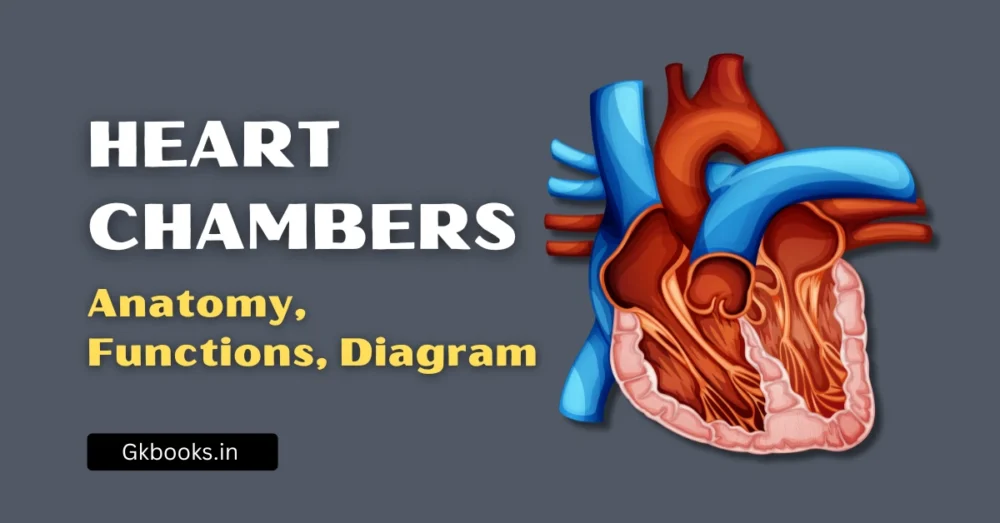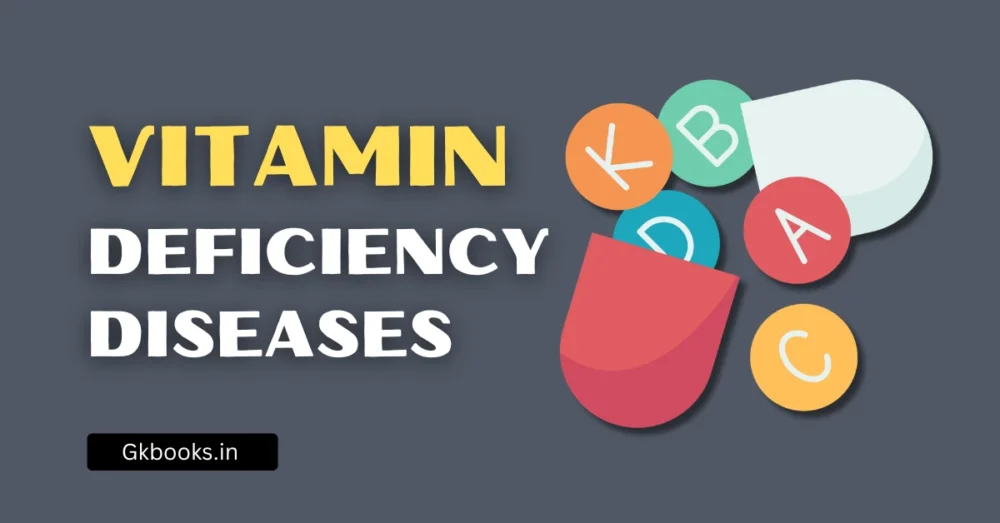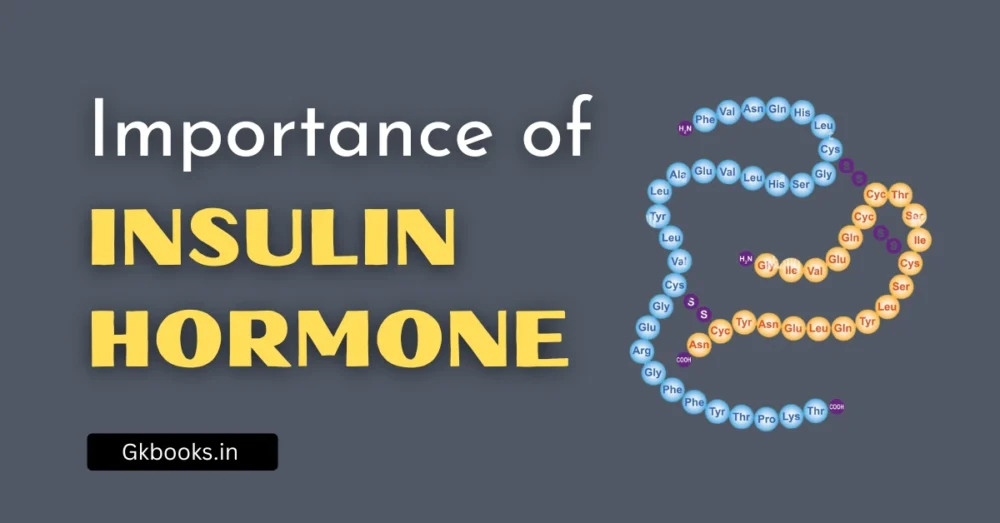The adrenal glands are small, triangular endocrine glands located on top of each kidney. They produce vital hormones — including cortisol, aldosterone, adrenaline, and noradrenaline — that regulate metabolism, blood pressure, stress response, immune function, and electrolyte balance.
What Are the Adrenal Glands?
- Location: On top of each kidney
- Shape: Small, triangular
- System: Part of the endocrine system
- Structure:
- Adrenal Cortex (outer layer) – produces steroid hormones
- Adrenal Medulla (inner layer) – produces catecholamines (adrenaline & noradrenaline)
Main Functions of the Adrenal Glands
| Hormone | Produced By | Primary Function |
|---|---|---|
| Cortisol | Adrenal Cortex | Regulates metabolism, controls inflammation, manages stress response, and maintains blood sugar |
| Aldosterone | Adrenal Cortex | Controls sodium & potassium balance, regulates blood pressure |
| Adrenaline (Epinephrine) | Adrenal Medulla | Increases heart rate, boosts energy, prepares body for “fight-or-flight” |
| Noradrenaline (Norepinephrine) | Adrenal Medulla | Constricts blood vessels, increases blood pressure, supports stress response |
| Androgens | Adrenal Cortex | Contribute to sexual development and libido |
To stay updated with the latest GK and Current Affairs infographics, follow our official Instagram and Facebook page and prepare for exams easily.
Detailed Roles in the Body
🧠 Stress Response
- Cortisol and adrenaline help the body respond to physical or emotional stress.
- Increase glucose availability for energy.
- Enhance alertness and reaction speed.
⚡ Metabolism Regulation
- Cortisol influences how the body uses fats, proteins, and carbohydrates.
- Helps maintain steady blood sugar levels.
💧 Fluid & Electrolyte Balance
- Aldosterone regulates sodium and potassium levels.
- Maintains proper hydration and blood pressure.
❤️ Cardiovascular Function
- Adrenaline and noradrenaline adjust heart rate and blood vessel tone during emergencies.
🛡️ Immune Modulation
- Cortisol helps control inflammation and immune responses.
Common Adrenal Gland Disorders
| Condition | Cause | Key Symptoms |
|---|---|---|
| Addison’s Disease | Low cortisol & aldosterone (autoimmune or damage) | Fatigue, weight loss, low BP |
| Cushing’s Syndrome | Excess cortisol | Weight gain, high BP, muscle weakness |
| Pheochromocytoma | Tumor in adrenal medulla | High BP, rapid heartbeat, sweating |
| Congenital Adrenal Hyperplasia | Genetic enzyme deficiency | Hormonal imbalance, abnormal development |
How to Keep Adrenal Glands Healthy
- Balanced diet rich in whole foods
- Adequate sleep to regulate cortisol cycles
- Stress management (meditation, exercise)
- Regular check-ups if symptoms of hormonal imbalance appear
Key Takeaways
- The adrenal glands are vital hormone factories that keep your body’s stress, metabolism, and fluid balance in check.
- Both overproduction and underproduction of adrenal hormones can cause serious health issues.
- Early diagnosis and treatment of adrenal disorders can prevent complications.
References
- Cleveland Clinic – Adrenal Gland Overview
- Medical News Today – Adrenal Gland Functions
- Verywell Health – Adrenal Gland Function & Disorders
More on Biology
Heart Chambers: Anatomy, Functions, Diagram & Exam-Focused Notes
Vitamin Deficiency Diseases – Causes, Symptoms, Sources & Exam-Focused Notes
Function of the Stomach in the Human Body: Key Roles, Mechanisms & Importance




